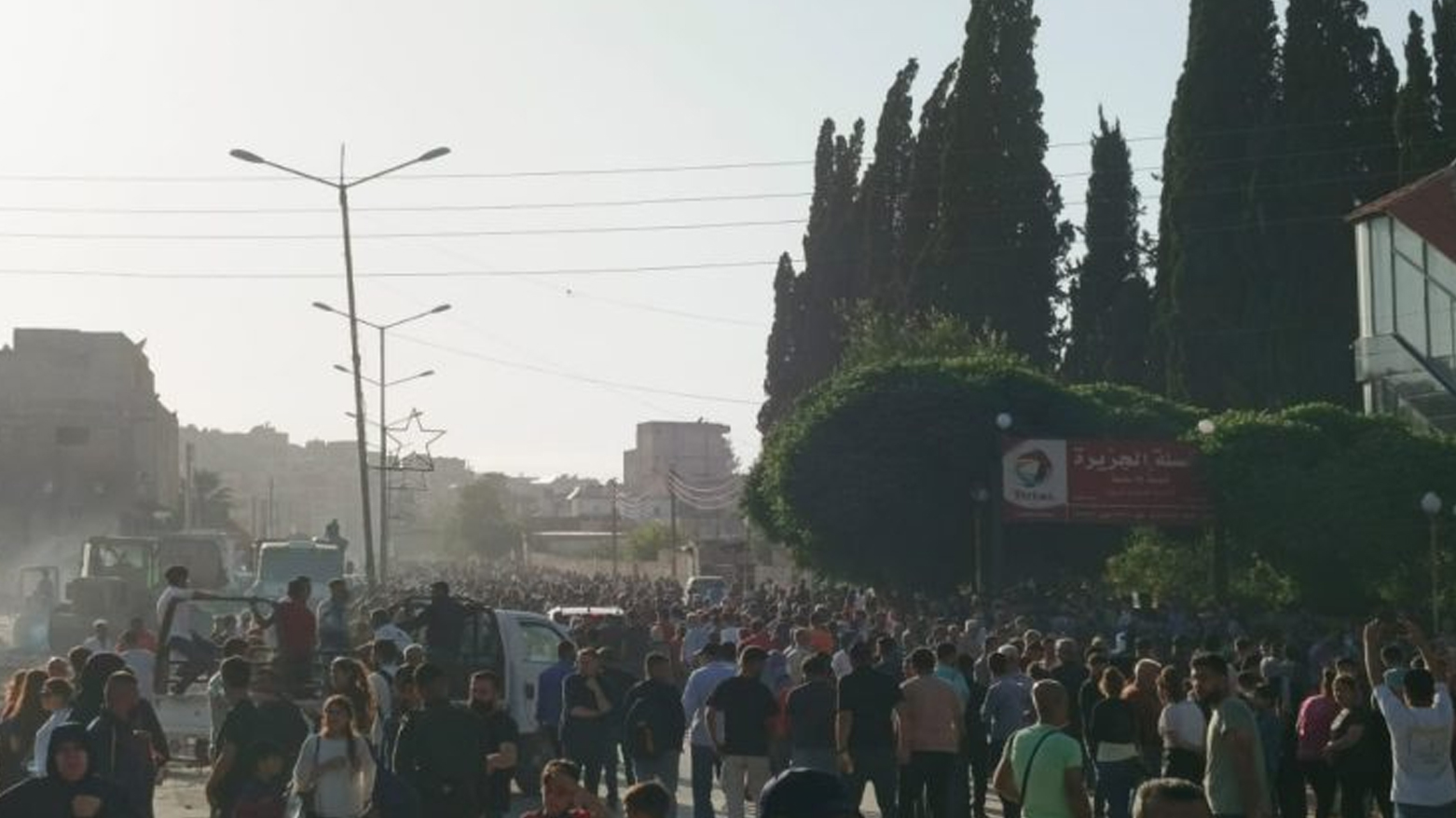SOHR| Planned Prisoner Exchange Between SDF and Syrian Government Collapses in Aleppo Amid Tensions Over Terms
The operation was postponed indefinitely after Syria failed to deliver the agreed number of detainees, prompting the SDF to withdraw, citing Damascus' lack of commitment.

By Ahora Qadi
ERBIL (Kurdistan24) – A planned prisoner exchange between the Syrian Democratic Forces (SDF) and the Syrian government collapsed on Wednesday in the northern city of Aleppo, after regime officials reportedly failed to uphold the agreed terms, according to the UK-based Syrian Observatory for Human Rights (SOHR).
The operation, which was scheduled to take place in the predominantly Kurdish neighborhoods of Sheikh Maqsoud and Ashrafieh, was postponed indefinitely after the Syrian government did not deliver the agreed number of detainees. In response, the SDF refused to proceed with the exchange, citing a lack of commitment by Damascus.
Fragile Trust Undermines Critical Agreement
According to SOHR, the two sides had reached an advanced stage in negotiations, culminating in a provisional agreement aimed at facilitating the release of 170 SDF prisoners and the return of the remains of several fallen fighters. In exchange, approximately 400 detainees held by the SDF, including members of the Syrian government's General Security and affiliated factions, along with their corpses, were to be handed over under U.S. oversight until the process was finalized and publicly announced.
This breakdown has cast a shadow over emerging cooperation between the Kurdish-led administration and the Syrian government, which had previously signed an integration agreement in March. That accord was meant to see Kurdish institutions—including the SDF and Asayish (internal security forces)—formally incorporated into Syrian state structures. A clause in the current agreement outlined the transformation of the Asayish units in Sheikh Maqsoud and Ashrafieh into General Security forces under the authority of the Autonomous Administration.
Wider Political Implications: Aleppo as a Microcosm of National Tensions
The failed prisoner swap comes at a sensitive time, as both sides prepare for another round of high-level talks in Damascus to discuss the implementation of their broader integration deal. Kurdish officials have signaled they will demand a "decentralized, pluralistic, democratic Syria" that recognizes the distinct social, ethnic, and geographic character of its regions.
Badran Ciya Kurd, a senior official in the Kurdish-led administration, stressed earlier this month that “the mosaic of Syrian society cannot be governed by a political system that monopolizes all powers.” He warned that the Damascus government’s centralist approach risks derailing negotiations and prolonging instability in the country.
The integration agreement includes key provisions regarding the return of government control over airports, oil and gas fields, and all border crossings in Kurdish-controlled areas—further raising the stakes of any failure to cooperate effectively.
Washington’s Role and Regional Dynamics
Washington continues to play a behind-the-scenes role in facilitating negotiations. U.S. Special Envoy for Syria Tom Barrack met with interim Syrian President Ahmed al-Sharaa last weekend in Damascus, where both parties reaffirmed the importance of a “comprehensive agreement” with the SDF. Discussions also touched on mechanisms to incorporate Kurdish-led forces into Syrian state institutions—an effort tied to the broader strategy of stabilizing post-Assad Syria.
The United States recently lifted its sanctions on Syria, a move widely interpreted as a gesture to support the transitional government’s efforts to bring the country under a unified administrative framework.
Afrin Residents Demand Security Guarantees for Return
According to SOHR, displaced Kurdish residents continue to demand binding guarantees before returning to their homes—chief among them being the withdrawal of the Syrian National Army (SNA) factions and the establishment of General Security forces. Civilians say they have no confidence in the SNA, citing years of documented abuses.
